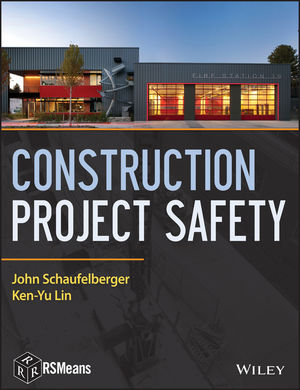 Although they made improvements after being cited for violations last year, two mines in
Although they made improvements after being cited for violations last year, two mines in
Solid Fuel Inc.’s No. 1 Mine in Claiborne County, Tennessee (formerly known as Wilcoal’s Tri-State Mining) and Rhino Eastern LLC’s Eagle 1 Mine in Raleigh County, West Virginia have been issued notices of a potential pattern of violations by the MSHA.
After being cited for violations last November, both mines implemented corrective action programs and successfully achieved their target improvements during the last PPOV evaluation. However, they have failed to maintain those health and safety improvements and again have met the PPOV criteria -- a first in the history of the enforcement of the Federal Mine Safety and Health Act of 1977.
In accordance with MSHA's POV procedures summary, the agency has continued to monitor the mines for long-term compliance.
In the five months following the evaluation period, both operations' significant and substantial violation rates increased considerably. The rate of Solid Fuel Inc.'s No. 1 Mine increased from 4.84 to 21.94 S&S citations and orders per 100 inspection hours. The rate of Rhino Eastern LLC's Eagle 1 Mine increased from 4.18 to 24.77 S&S citations and orders per 100 inspection hours. A rib fall fatality occurred at the latter mine in June, even though rib falls were specifically addressed in Rhino Eastern's corrective action program.
MSHA regulations authorize the agency to consider mines for a PPOV at least once a year. Mines that receive PPOV notices have the opportunity to implement corrective action programs, and they must reduce their S&S rates to targets set by agency POV procedures. MSHA encourages mine operators to implement corrective action programs with long-term goals for reducing violations beyond the goals established by MSHA under the POV procedures. However, when mine operators do not sustain these goals, MSHA determines whether they are making a good faith effort to eliminate violations.


